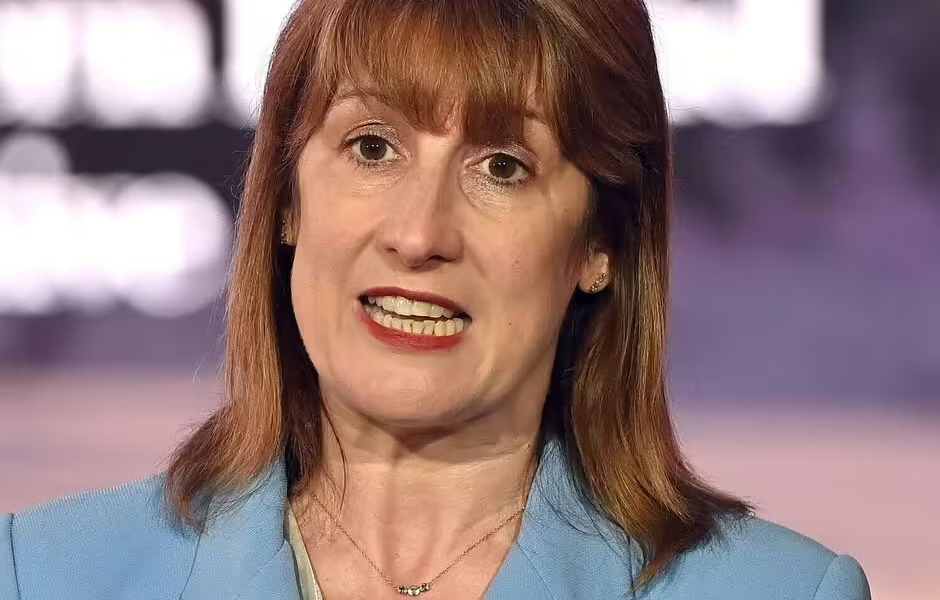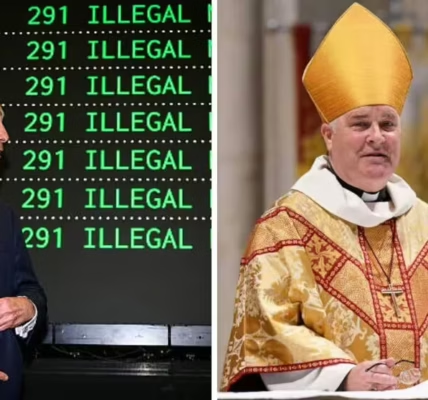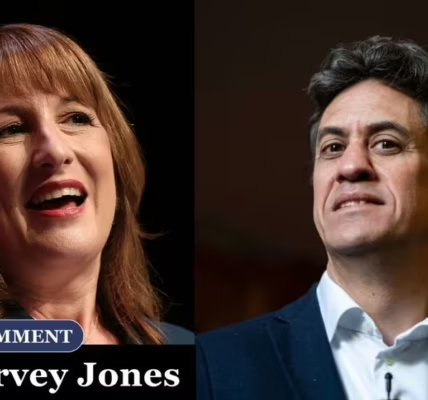
Rachel Reeves will deliver her Budget in November (Image: Getty)
Tax hikes are “increasingly likely” when the Chancellor delivers her first Budget in November, a leading financial expert has warned, after new figures revealed a sharp deterioration in the Government’s finances. Official data show that public borrowing overshot forecasts by more than £11 billion in the first five months of the fiscal year.
The shortfall has intensified pressure on the Chancellor to find new revenue sources to reassure investors that Britain’s debt remains on a sustainable path. Nigel Green, chief executive of global financial advisory firm deVere Group, said the worsening fiscal position left Ms Reeves with little room for manoeuvre.
He said: “The shortfall in public finances is deepening at a pace that demands action. The Chancellor will need to increase revenues to prevent the markets from questioning the UK’s fiscal credibility.”

Rachel Reeves in a Cabinet meeting (Image: Getty)
Financial markets reacted swiftly. Sterling has fallen sharply over the past two sessions, while gilt prices have dropped, sending the yield on 30-year UK government bonds to more than 5.5% — a three-year high compared with equivalent US securities. Investors are now demanding a higher premium to hold British debt, underlining concerns about fiscal discipline.
Reeves, who entered office pledging “iron discipline” in managing the public finances, is under pressure to demonstrate that commitment. Economists say she has limited options.
With growth slowing, inflation still high and the Bank of England keeping interest rates elevated, the Chancellor is unlikely to be able to close the gap through economic expansion alone.
“The Chancellor has limited choices,” Green said.
“If the government signals hesitation or delay, borrowing costs could climb further. To maintain market confidence, the Budget must show a firm commitment to debt reduction, and that will almost certainly involve higher taxation.”
WATCH: Rachel Reeves nightmare record EXPOSED
The Bank of England has opted to hold rates steady despite consumer prices remaining nearly twice its official 2% target.
High borrowing costs are restraining growth, but persistent inflation prevents the central bank from offering support through looser monetary policy.
Meanwhile, key indicators point to a softening economy. Hiring is slowing, wage growth is easing and consumer confidence remains weak.
A modest rise in retail spending in August, helped by warmer weather, does little to offset the broader picture of subdued activity. These trends limit the government’s ability to rely on stronger growth to improve the fiscal position.
International investors are expected to scrutinise Reeves’ Budget in detail. Memories remain fresh of the turmoil following the 2022 mini-Budget under Liz Truss, which triggered a sharp sell-off in sterling and a surge in borrowing costs. Analysts say Reeves cannot risk undermining credibility by presenting a plan that lacks clarity or ambition.
Mr Green said: “Global investors will be watching closely to see evidence that Britain is serious about balancing its books. Failure to convince them would risk further instability in the markets.”
Ms Reeves’ Budget, scheduled for next month, will set the direction of fiscal policy for the year ahead.
It is expected to include measures to demonstrate debt sustainability, though analysts warn that most viable options point towards some form of tax increase.




